Related Research Articles

The National Book Awards (NBA) are a set of annual U.S. literary awards. At the final National Book Awards Ceremony every November, the National Book Foundation presents the National Book Awards and two lifetime achievement awards to authors. The National Book Awards were established in 1936 by the American Booksellers Association, abandoned during World War II, and re-established by three book industry organizations in 1950. Non-U.S. authors and publishers were eligible for the pre-war awards. Since then they are presented to U.S. authors for books published in the United States roughly during the award year.
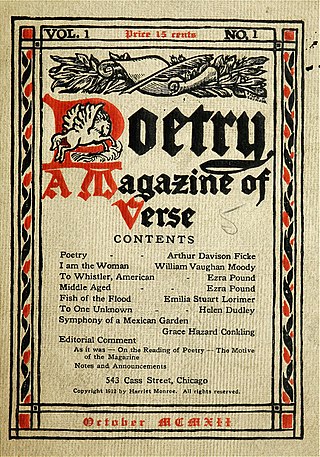
A literary magazine is a periodical devoted to literature in a broad sense. Literary magazines usually publish short stories, poetry, and essays, along with literary criticism, book reviews, biographical profiles of authors, interviews and letters. Literary magazines are often called literary journals, or little magazines, terms intended to contrast them with larger, commercial magazines.
David Lehman is an American poet, non-fiction writer, and literary critic, and the founder and series editor for The Best American Poetry. He was a writer and freelance journalist for fifteen years, writing for such publications as Newsweek, The Wall Street Journal, and The New York Times. In 2006, Lehman served as Editor for the new Oxford Book of American Poetry. He taught and was the Poetry Coordinator at The New School in New York City until May 2018.
The Best American Short Stories yearly anthology is a part of The Best American Series published by Houghton Mifflin Harcourt. Since 1915, the BASS anthology has striven to contain the best short stories by some of the best-known writers in contemporary American literature.

Timothy McSweeney's Quarterly Concern is an American literary journal, founded in 1998, typically containing short stories, reportage, and illustrations. Some issues also include poetry, comic strips, and novellas. The Quarterly Concern is published by McSweeney's based in San Francisco and it has been edited by Dave Eggers. The journal is notable in that it has no fixed format, and changes its publishing style from issue to issue, unlike more conventional journals and magazines.

Ninth Letter is a literary magazine that publishes poetry, fiction, and nonfiction. It is an interdisciplinary collaboration between the School of Art + Design and the Creative Writing Program at the University of Illinois at Urbana–Champaign. Ninth Letter exists in two related but distinct forms: a biannual print magazine and a website that features new electronic content on a continuous basis. In 2004, the first issue was published. It included fiction from Pulitzer Prize recipient Robert Olen Butler, Katherine Vaz, and an interview with Yann Martel, the author of the Man Booker Prize-winning novel Life of Pi.
Mid-American Review (MAR) is an international literary journal dedicated to publishing contemporary fiction, poetry, nonfiction, and translations. Founded in 1981, MAR is a publication of the Department of English and the College of Arts & Sciences at Bowling Green State University. It is produced by faculty, students, and alumni of Bowling Green's creative writing program.

TriQuarterly is a name shared by an American literary magazine and a series of books.
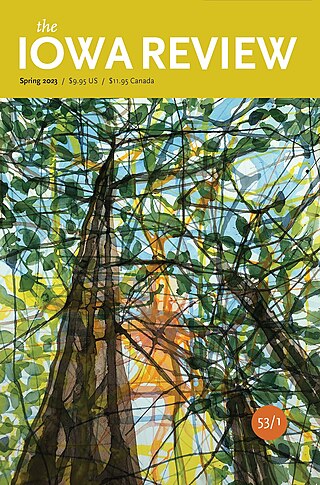
The Iowa Review is an American literary magazine that publishes fiction, poetry, essays, and reviews.

The Gettysburg Review is a quarterly literary magazine featuring short stories, poetry, essays and reviews. Work appearing in the magazine often is reprinted in "best-of" anthologies and receives awards.
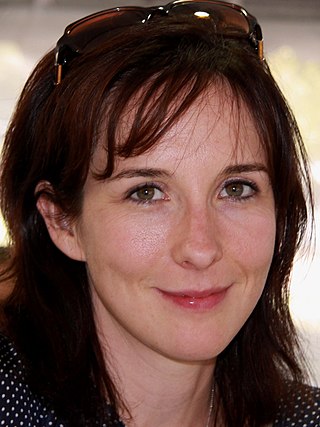
Meghan O'Rourke is an American nonfiction writer, poet and critic.
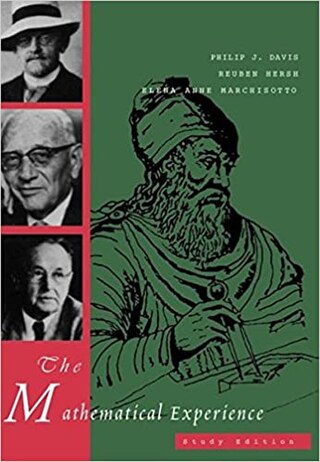
The Mathematical Experience (1981) is a book by Philip J. Davis and Reuben Hersh that discusses the practice of modern mathematics from a historical and philosophical perspective. The book discusses the psychology of mathematicians, and gives examples of famous proofs and outstanding problems. It goes on to speculate about what a proof really means, in relationship to actual truth. Other topics include mathematics in education and some of the math that occurs in computer science.
Adam Kirsch is an American poet and literary critic. He is on the seminar faculty of Columbia University's Center for American Studies, and has taught at YIVO.
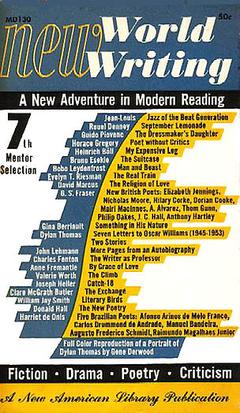
New World Writing was a paperback magazine, a literary anthology series published by New American Library's Mentor imprint from 1951 until 1960, then J. B. Lippincott & Co.'s Keystone from volume/issue 16 (1960) to the last volume, 22, in 1964.
Theodore "Ted" Solotaroff was an American writer, editor and literary critic.
Victoria Chang is an American poet, writer, editor, and critic.
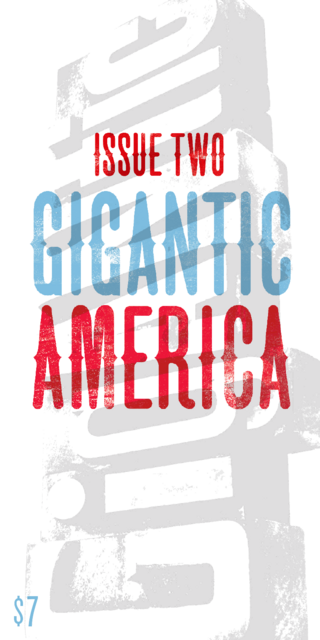
Gigantic is an American literary journal that publishes fiction, art and interviews. In particular, it focuses on short prose or flash fiction. Print issues also have included a special poetry section entitled "The Seizure State," curated by celebrated American poet Joe Wenderoth. It publishes original work online at its website and once a year in a print format. Gigantic was founded in 2008 by four writers living in New York City.
Post Road is an American literary magazine established in 1999 that publishes fiction, nonfiction, criticism, poetry, art, and theatre. In addition to these traditional genres, the magazine also features a "Recommendations" section in which established writers suggest their favorite work and an "Etcetera" section which presents literary curiosities such as letters, reprints, and interviews. Post Road is published biannually by the Department of English at Boston College.
The American Literary Review is an American national biannual literary magazine of poetry, fiction, and nonfiction. Since its Fall 2013 issue, ALR has been an online digital publication. Print publications are cataloged under ISSN 1051-5062.
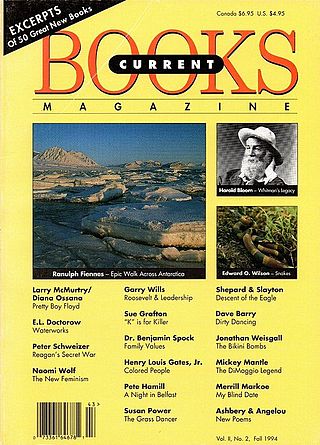
Current Books Magazine was a literary magazine published from 1992 to 1995 that featured excerpts from current fiction, nonfiction, and poetry books. It was founded and edited by Edwin S. Grosvenor and its cover designed by the noted art director J.C. Suarez. The assistant editors were Joshua Dinman and Nathalie op de Beeck.
References
- 1 2 3 4 Howard, Gerald (19 August 2008). "Was New American Review the Best Literary Magazine Ever?". Slate .
- 1 2 3 Grimes, William (12 August 2008). "Theodore Solotaroff, Founder of the New American Review, Is Dead at 80". The New York Times .
- 1 2 3 4 5 6 Mitgang, Herbert (1976-12-27). "Publishing: A Pioneer at Road's End". The New York Times . ISSN 0362-4331 . Retrieved 2023-07-10.
- 1 2 3 4 5 6 Locke, Richard (November 20, 1977). "The Literary View". The New York Times .
- 1 2 3 Wolcott, James (12 August 2008). "Last of the Literary Godfathers". Vanity Fair. Archived from the original on 2014-12-18.